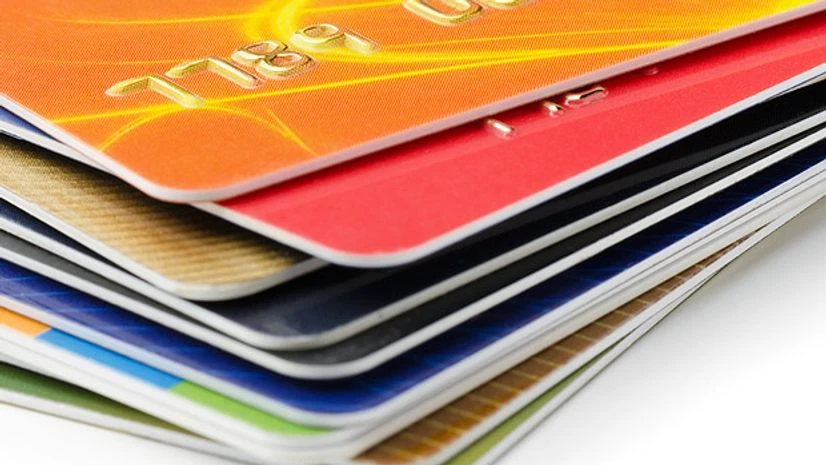Madan Sabnavis, chief economist, CARE, says: “These numbers show credit card spends are increasing at an alarming pace because banks are giving various offers like one-year free subscriptions, payment through equated monthly instalment and others on credit cards.”
Against this backdrop, the government’s recent proposal to give tax benefits on credit and debit card spend is a good move from the perspective of reducing cash transactions. It will help in curtailing black money transactions. Also, by encouraging merchants to accept cards will help because many merchants seek an extra percentage point or two for swiping any card.
Customers should use tax benefits on debit cards aggressively because it will help them. The proposal says “tax benefits in terms of income tax rebates to be considered to consumers for paying a certain proportion of their expenditure through electronic means.”
However, swiping the credit card aggressively will only hurt. To encourage high-value spends through credit cards, the government is proposing to increase the reportage of the value of annual aggregate spend on credit cards from Rs 2-5 lakh. At present, if a person spends Rs 2 lakh on credit cards annually, bankers have to pass the information to the income-tax department.
People tend to swipe the credit card for everything and many fall into debt trap. Adds Sabnavis: “When I stand in line in super markets, I see people spending on credit cards even for the smallest purchase. Many of them do not have an auto debit system in which the outstanding amount is deducted from their bank account every month.
The result: payment of interest rate to the tune of two per cent to three per cent a month. If the repayment is rolled over for even two months, the interest burned on the outstanding amount is five per cent. Most banks charge about 25 per cent annually on credit cards. Even if the government gives tax benefits of a few percentage points annually, it will not offset the high interest being charged substantially. Consequently, Hemant Rustagi, CEO of WiseInvest, believes incentivising spending on credit card can lead to debt trap as people will spend more than they earn. “But for this proposal to work, the government needs to find a way to make cash transaction more expensive. Just a two per cent to three per cent benefit to a taxpayer in 30 per cent income bracket will not be motivating enough.
However, D K Joshi, chief economist at CRISIL, says while the move might promote credit card usage, it would not increase the instances of people falling into a debt trap as the tax incentive will be marginal. “Those with bad money management would overspend even today,” says Joshi.True, but if credit cards start getting promoted due to tax benefits, it will be much like insurance products being sold as investment plans.

)
